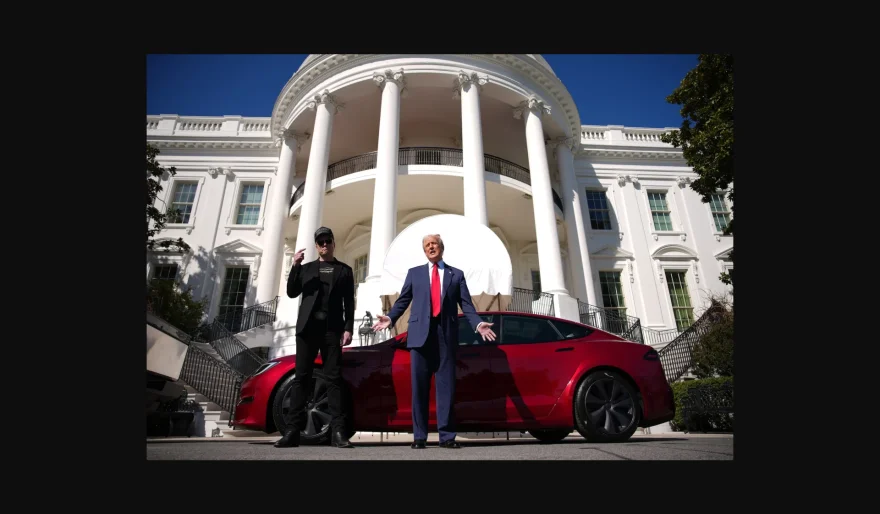Stay Ahead of the Curve
Latest AI news, expert analysis, bold opinions, and key trends — delivered to your inbox.
AI PhD Student in California Has Visa Revoked Amid Crackdown on International Scholars
6 min read A California-based AI PhD student had their U.S. visa revoked despite no criminal record, highlighting a growing crackdown on international students. Over 1,000 have faced similar issues, often without clear explanation or university support. Experts warn the trend threatens U.S. innovation, especially in AI, where foreign students have been key contributors. Legal challenges are emerging, but the broader uncertainty is deterring global talent. April 22, 2025 13:33
An AI doctoral candidate studying in California has had their student visa revoked, raising fresh concerns over an intensifying crackdown on international students in the United States.
The student, who spoke to TechCrunch under the condition of anonymity, said they were alerted by their university’s international student office that their SEVIS record—the official digital record of a valid student visa—had been terminated. The reason? A reported flag on a criminal records check.
But the student, who has spent nearly a decade in the U.S. studying since their undergraduate days, says they have no criminal record. They believe the issue may stem from a long-past interaction with police, years before beginning their graduate studies.
“I was conducting research in AI and had planned to continue my work after graduation,” the student said.
This incident is just one of many. In recent months, over a thousand international students have had their visa statuses challenged by the State Department and ICE as part of a broader crackdown initiated under the Trump-era enforcement framework. Alarmingly, many universities aren't being directly informed of these changes, leaving students in the dark—and often without time or support to respond.
Impact on U.S. AI Research
Yisong Yue, a machine learning professor at Caltech, described the government’s actions as a blow to the U.S. tech and innovation pipeline.
“Research is highly specialized,” Yue said. “When a doctoral student is pulled from a project, it can set back progress by months or even years. The broader impact is that international researchers are increasingly uncertain about staying in the U.S.”
This uncertainty is already being felt across top institutions and labs. Students from Ivy League universities to smaller liberal arts colleges have had their visas revoked. Some have been accused—often without clear evidence—of ties to political movements or flagged for minor infractions like traffic violations. Others, experts say, are victims of administrative errors or AI-powered visa screening tools that lack proper human oversight.
In one case, Suguru Onda, a PhD candidate in computer science at Brigham Young University, had his visa reinstated without explanation after his lawyer filed a lawsuit. The attorney, Adam Crayk, noted that the government’s reliance on automated systems to vet international students has led to mistakes and wrongful terminations.
Legal Pushback and Economic Concerns
Some legal victories are beginning to emerge. Last week, a Georgia judge granted a temporary restraining order to prevent the deportation of around 100 students. But that decision applies to only a fraction of those affected—and may yet be overturned.
The issue goes far beyond individuals. According to NAFSA, a nonprofit focused on international education, foreign students contributed $43.8 billion to the U.S. economy during the 2023–2024 academic year, supporting over 378,000 jobs.
The irony isn’t lost on researchers in the AI field. Many of the biggest breakthroughs in the industry—including the transformer architecture that powers ChatGPT—were co-created by international students, like Ashish Vaswani and Wojciech Zaremba, both of whom began their AI journeys in the U.S. on student visas.
Now, that legacy may be at risk.
“I’ve had multiple conversations with professors at top universities and researchers at OpenAI, Google, and others,” Yue said. “They’re worried. This crackdown is making the U.S. significantly less attractive to the world’s best AI talent.”



















 AI Agents
AI Agents